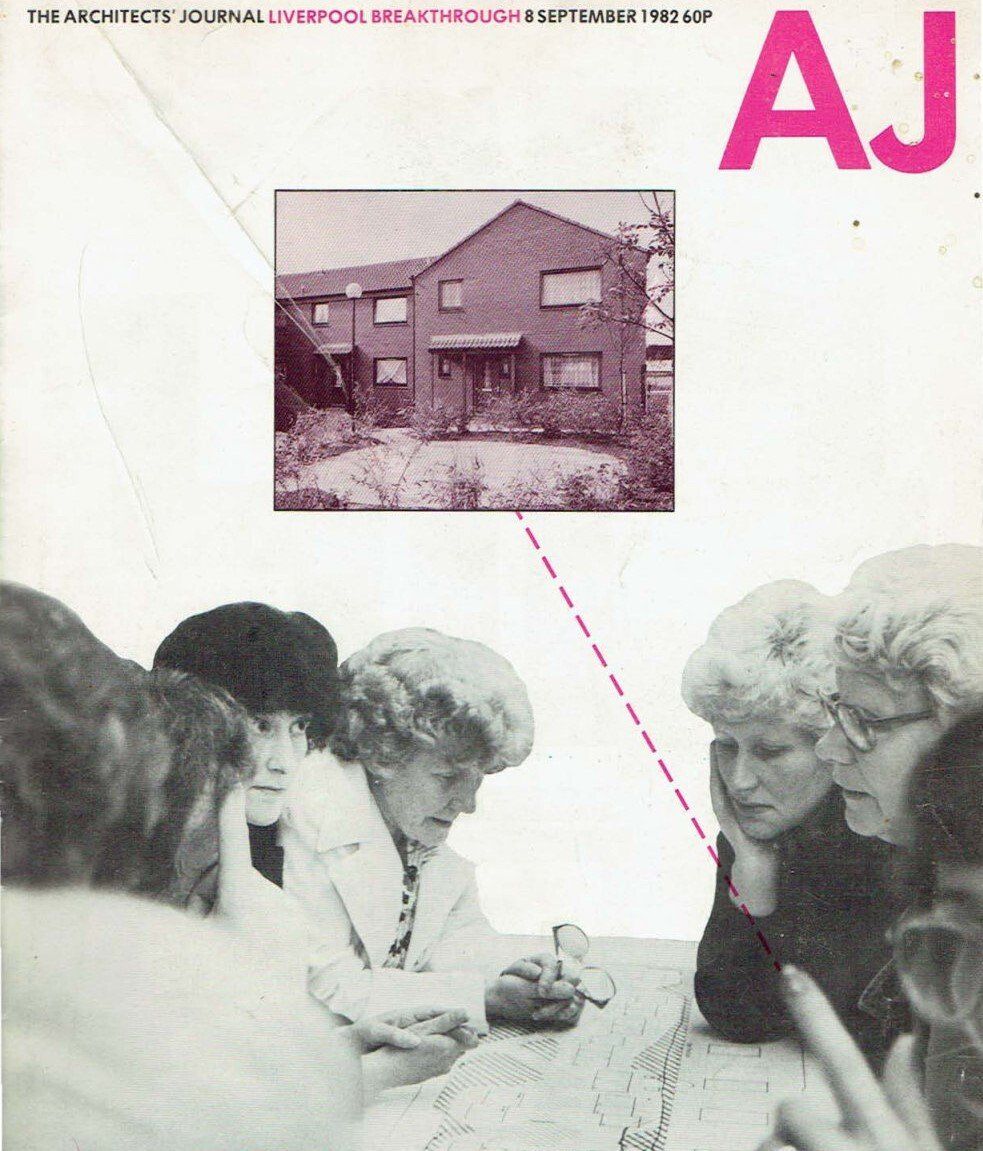Paul Lusk
Writing on democracy, politics and Christianity

On the Housing question
What's behind the British housing crisis?
- In the 1960s Britain had one home for every 3.1 people
- 50 years on, there was one home for every 2.4 people
- In the 1960s the average house price was about 3 times annual earnings
- 50 years on, the average house price was about 7 times annual earnings
- About a third of the housing stock is occupied by a debt-free home-owner
- Owner-occupiers with a mortgage pay half as much as do renters, as a proportion of income
- Owner-occupiers are four times more likely than renters to under-occupy their homes
- Building more homes (on its own) will NOT fix the housing crisis!
The truth about the housing crisis is a short account of what's gone wrong
The full story
For Richer For Richer is a book chapter published in 2016. This offers a fuller picture, founded on my research into the 2011 census findings.
Hales Place in Canterbury, Kent, was an estate of 1,400 council houses built in the second half of the 20th century.
As waves of political change swept over the neighbourhood, in just a few years, a quarter of all homes became student accommodation.
Through this lens, a look at the British state, its convulsions, and how the 'housing crisis' appears in this corner of the Garden of England.
Matthew Thompson’s book Reconstructing Public Housing considers the legacy of the Merseyside new-build co-operative movement (a movement I worked with at its inception). It is good to have this history studied for its past and present interest.
But how useful is the Marxist framework which Matthew applies ?
James Paul Lusk 2021. All material copyright unless otherwise shown. Design by Gavin Culmer






